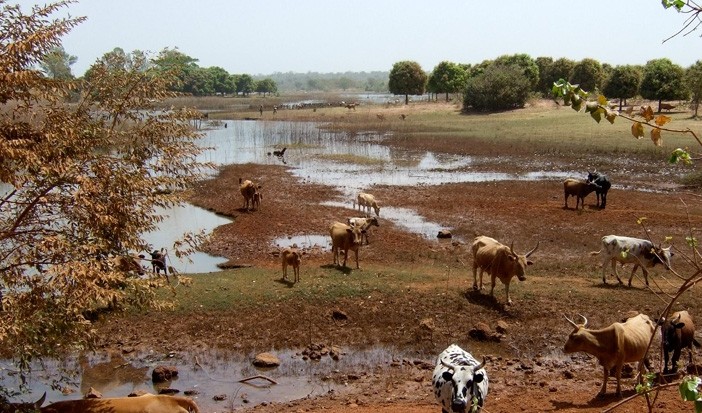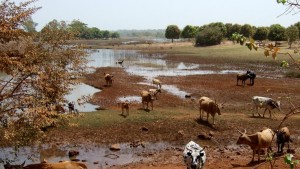Kansas City Infozine
The World Bank Group announced a significant boost in funding for water programs in India, the Niger River Basin, Morocco and Kenya to help tackle water challenges.
The move came as World Bank Group Vice President for Sustainable Development, Laura Tuck, warned that in just 35 years, 40 percent of the global population will be living in water scarce countries. That’s compared to 28 percent today.
Speaking at the climate talks, COP21, in Paris, Tuck said overall water stress was increasing, because of climate change combined with population growth.
A key initiative announced by the Bank Group today was a US$500 million investment to support India’s US$1 billion program to improve management of its groundwater. India is the world’s largest consumer of groundwater. The funding would help with institutional reforms, build up capacity and develop infrastructure.
In the Niger Basin, nine countries have committed to a US$3.1 billion climate resilience investment plan over 10 years to build resilience. The first phase will cost US$610 million and will include financing from the Bank’s fund for the poorest countries, IDA, the International Development Association.
In Morocco, which is susceptible to drought, the Bank Group is supporting the government’s National Irrigation Saving Program, with a new US$150 million commitment, which builds on US$500 of prior commitments. It will help poor and vulnerable farmers with more efficient irrigation technologies so they can cope with increasingly less available water and greater variability in water supplies.
In Mombasa, the coastal region of Kenya, water demands largely exceed supply, with climate variability, droughts and floods taking its toll on poor people. The Bank Group is funding a significant portion of the cost of a US$500 million government program to boost water security and build climate resilience.








